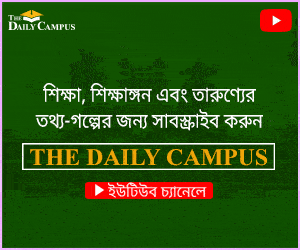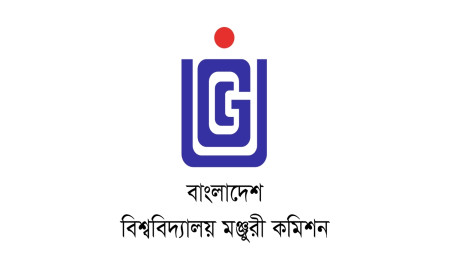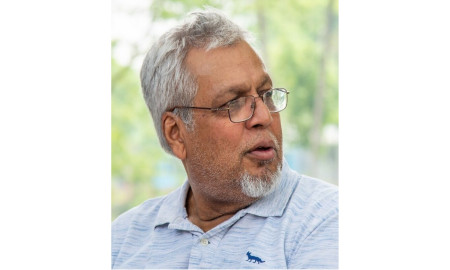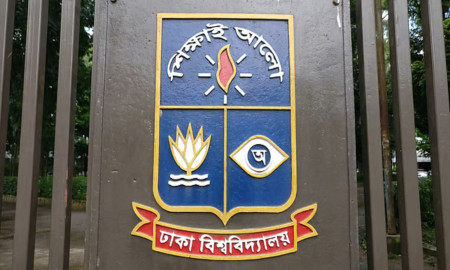KUET Students Demand Judicial Inquiry, Reject Biased Investigation

Students at Khulna University of Engineering and Technology (KUET) have intensified their protests, demanding a judicial inquiry committee to ensure an impartial investigation into the alleged teacher assaults and the February 18, 2025, campus clash. Questioning the legitimacy of a prior investigation, they argue that a controversial report should not dictate the judicial process.
On May 15, students held a press briefing and submitted a written appeal to the Vice-Chancellor, reiterating their call for a judicial inquiry. They accused the investigation committee, formed under the former Vice-Chancellor, of lacking neutrality. “The committee’s report was leaked to the Chhatra Dal’s general secretary before its official release, and CCTV footage was shared on various Facebook pages, undermining the confidentiality and impartiality of the process,” they claimed.
The students further alleged that the committee coerced them into confessing guilt and suppressed their movement. They noted that the 101st emergency syndicate meeting on April 14 withdrew the expulsion of 37 students based on this report, questioning how reinstating it could be legally valid. They also claimed that intelligence agencies pressured them to compromise, and non-compliant students, including innocent ones, were added to the list of 37.
The students criticized the committee head, a faculty member, for allegedly supporting the former Vice-Chancellor and dismissing the February 18 incident as a “drama,” casting doubt on the investigation’s fairness.
In a separate press briefing on May 15, Dr. Faruk Hossain, General Secretary of the KUET Teachers’ Association, defended the university’s internal processes, stating that administrative decisions align with its policies. He questioned the need for external judicial intervention, asking, “If an incident occurs in the future, will an outside judiciary take over the university’s responsibilities?” On the judicial inquiry demand, he admitted to lacking specific knowledge but emphasized the role of the Academic Council and Disciplinary Committee, suggesting that distrust in these mechanisms might indicate ulterior motives.
A student countered, “Forming a judicial inquiry committee isn’t difficult. Many universities in Bangladesh have done so. The Vice-Chancellor could appoint a local magistrate to lead an investigation, and the university could act on its findings.” They clarified that their demand stems from serious allegations against the previous committee, not a lack of trust in all faculty, noting that many teachers are reluctant to join a new internal probe.
The February 18 clash, involving over 150 injuries during protests against student politics, triggered the ongoing crisis. Students allege that outsiders, supported by Chhatra Dal and administrative complicity, attacked them. The university suspended 37 students, later withdrawn, but issued show-cause notices, fueling further unrest. Teachers, boycotting classes since May 4, demand justice for assaults on faculty, while students insist on a neutral probe.
The administration has yet to respond formally to the judicial inquiry demand. The standoff, with students staging sit-ins and teachers suspending duties, raises critical questions about KUET’s administrative transparency and trust, leaving academic activities paralyzed for nearly three months.









